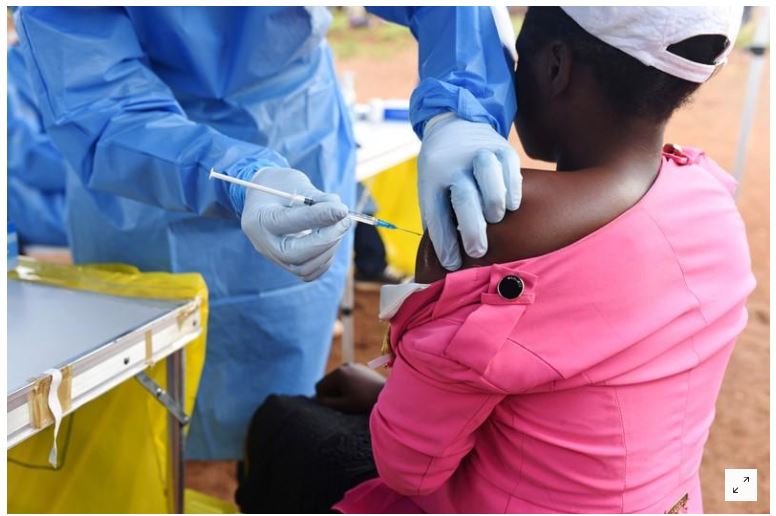The unequal global distribution of COVID-19 vaccines could spur the trade in fake doses in Africa – a hotspot for counterfeit medicines, analysts warned on Friday, citing the seizure of falsified vaccination shots in South Africa.
With poorer countries grappling to procure enough vaccine doses for their people, criminals will likely see an opportunity to profit, especially in Africa where imports account for more than 80% of pharmaceutical needs, they said.
“Already Africa has a problem with counterfeit medicines. The lack of local production and weak enforcement have for years allowed products to enter countries, such as fake medication for malaria in West Africa,” said Richard Chelin, senior researcher at the ENACT programme at the Institute for Security Studies.
“Now with rich nations hoarding vaccines, this is likely to get worse. The consequence of this vaccine grabbing is that it creates an opportunity for criminal networks. Everyone wants the vaccine and people will panic and buy whatever is out there.”
Chelin said he had recently seen posters in the streets of Johannesburg offering vaccinations for 150 South African Rand ($10). The posters did not say what the vaccine was for.
South African police seized 2,400 fake COVID-19 doses and large quantities of counterfeit N95 face masks in November, arresting three Chinese nationals and a Zambian, the Interpol global police coordination agency said last month.
The raid led to the identification of a network manufacturing counterfeit COVID-19 vaccines in China. Chinese police then raided the manufacturing premises, making about 80 arrests and recovering more than 3,000 fake vaccines, it added.
Interpol Secretary General Juergen Stock said in March the discovery was “only the tip of the iceberg” on COVID-19 vaccine-related crime. Months earlier, the agency issued a global alert to warn its 194 member states to be vigilant.
In Kenya last week, the government reversed a decision to let private healthcare firms import vaccines – saying such shipments were potentially dangerous because the shots could be counterfeit.
The announcement came after it was found that some private hospitals were offering the Russian Sputnik V vaccine for about $75 a dose.

Kenyans queue to receive the AstraZeneca’s coronavirus disease (COVID-19) vaccine, at the Ruaraka Uhai Neema Hospital in Nairobi, Kenya, April 8, 2021. REUTERS/Baz Ratner
‘PERFECT STORM’
More than 700 million vaccine doses have been administered globally, yet Africa accounts for less than 2% of the total compared to North America’s 27% and Europe’s 20% share, according to the latest data.
Campaign groups such as the People’s Vaccine Alliance say rich nations have not only bought up more vaccine supplies than they need but are also blocking efforts by developing countries to waive patents so they can manufacture their own vaccines.
Globally, the trade-in counterfeit medicines are estimated at roughly $200 billion, according to industry sources.
The World Health Organization (WHO) estimates that 42% of the world’s reported cases of fake pharmaceuticals were found In Africa between 2013 and 2017.
Sham medicines result in thousands of people across Africa losing their lives every year, with some fake products causing long-term health conditions in people who take them or even spreading drug-resistant illness, researchers said.
In 2019 alone, the WHO raised alerts about fake meningitis vaccines in Niger and hypertension drugs in Cameroon as well as falsified versions of the antibiotic Augmentin in Uganda and Kenya.
Craig Moffat, head of the governance delivery and impact programme at Good Governance Africa, said scant supply coupled with poor enforcement capacity created ample scope for a flourishing trade in fake vaccines.
“This isn’t a drug for malaria that only a few countries need. This vaccine is a game-changer as every country in the world needs it,” said Moffat.
“Africa finds itself in a perfect storm. It’s ripe for abuse by this transnational illicit activity.”

